Data
| Release Date (Japan): |
09.30.2010 |
| Release Date (NA): |
09.30.2010 |
| Preferred Platform: |
PC |
| Other Platforms: |
PS3 (Soon) |
|
Michael A. Cunningham
When Final Fantasy XIV was revealed, I was a little puzzled. The game was brand new and the cinematics made it look wonderful, but that's usually only one side of the story. As more information was revealed about the game, it started to look more and more like Final Fantasy XI with renamed races. I was also shocked that it was coming out as quickly as it was and in the same year as Final Fantasy XIII, meaning that there would be two numbered titles releasing in the same year. Unfortunately, my worries proved true, as the game was a massive failure on almost all accounts. I say almost all because the soundtrack is actually fantastic, especially Susan Calloway's performance of "Answers." It was so bad that Square Enix cut off billing and opened the game up for people to play for free until the company was happy with the state of the game.
I played the game for only a few days during the initial launch period and wasn't able to do much. My PC was not a powerhouse, so I could barely run it, and when it did, it was near impossible to get anywhere to do anything. The maps were confusing and repetitive, which was a big problem for me as I loved exploring. This was not fun, though. The whole thing was such a shame.
Thankfully, only a few months after the debacle of a launch, Final Fantasy XIV's reboot planning began. The game was given over to Naoki Yoshida to reboot as A Realm Reborn, and now we wait for his take on the game. The many changes and improvements he's made over the past two years have been impressive, so when the new version hits PlayStation 3 and PC in 2013, I'm more than willing to jump back in it. After all, the first version did go out in spectacular style.
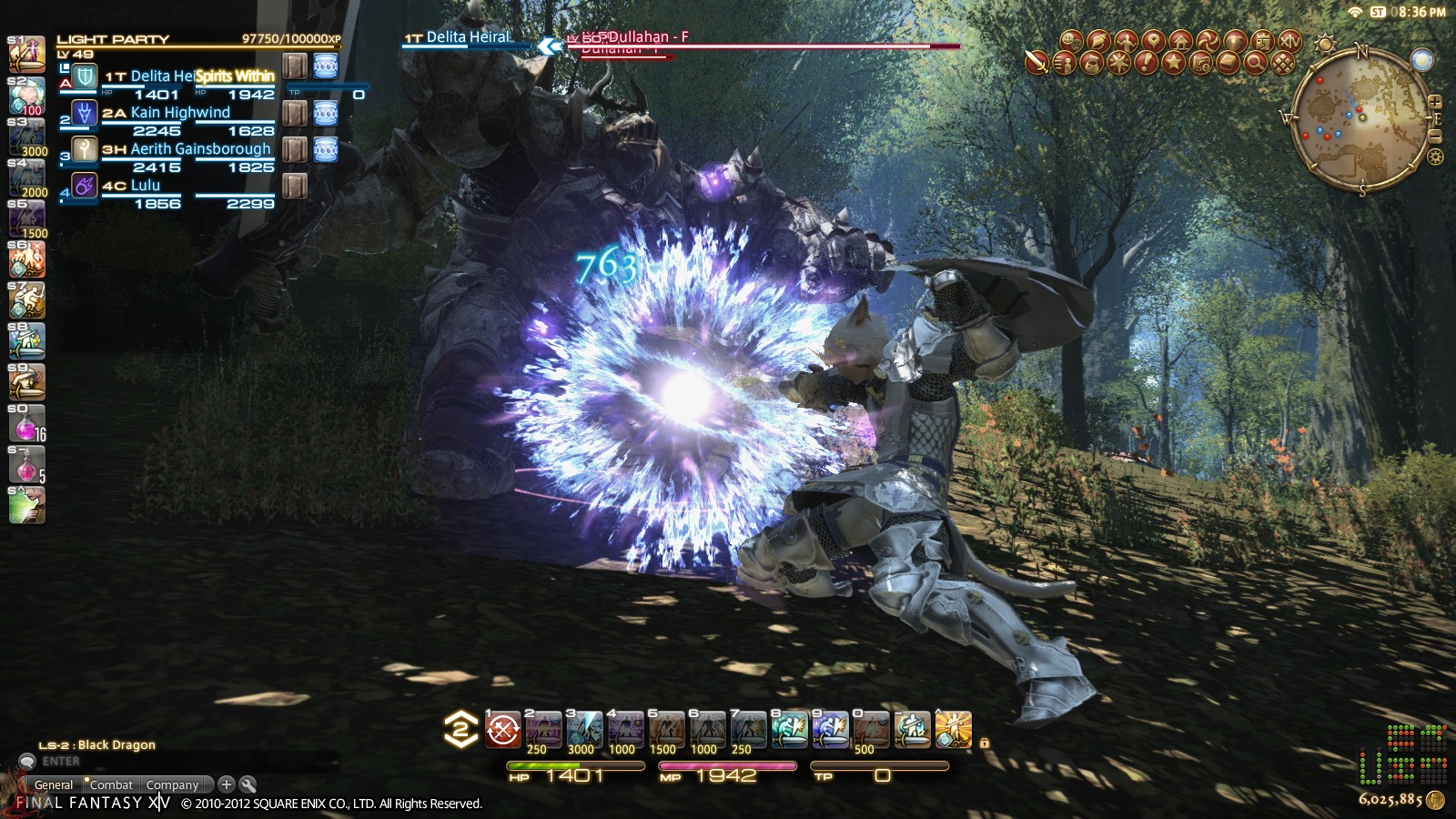
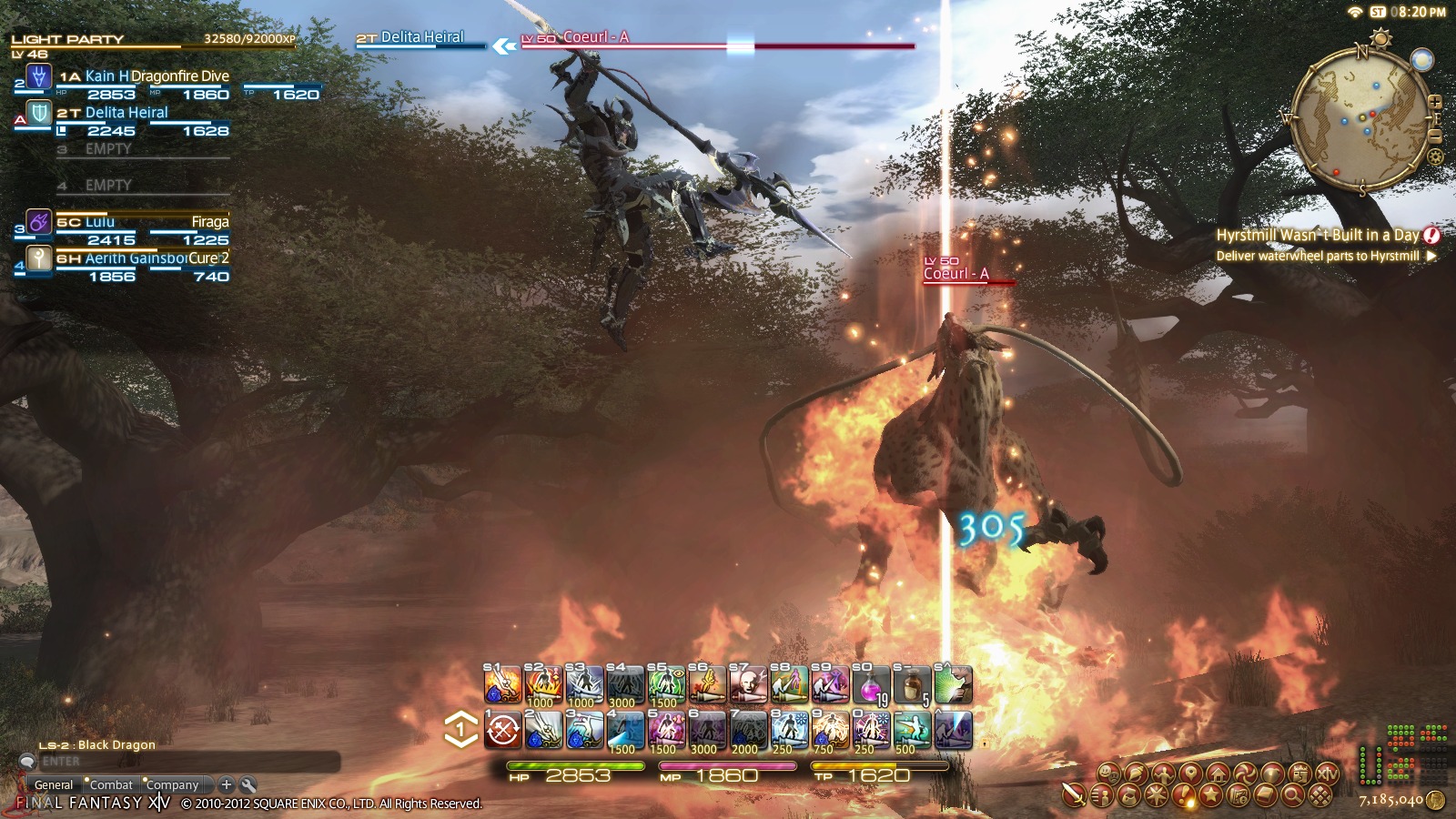
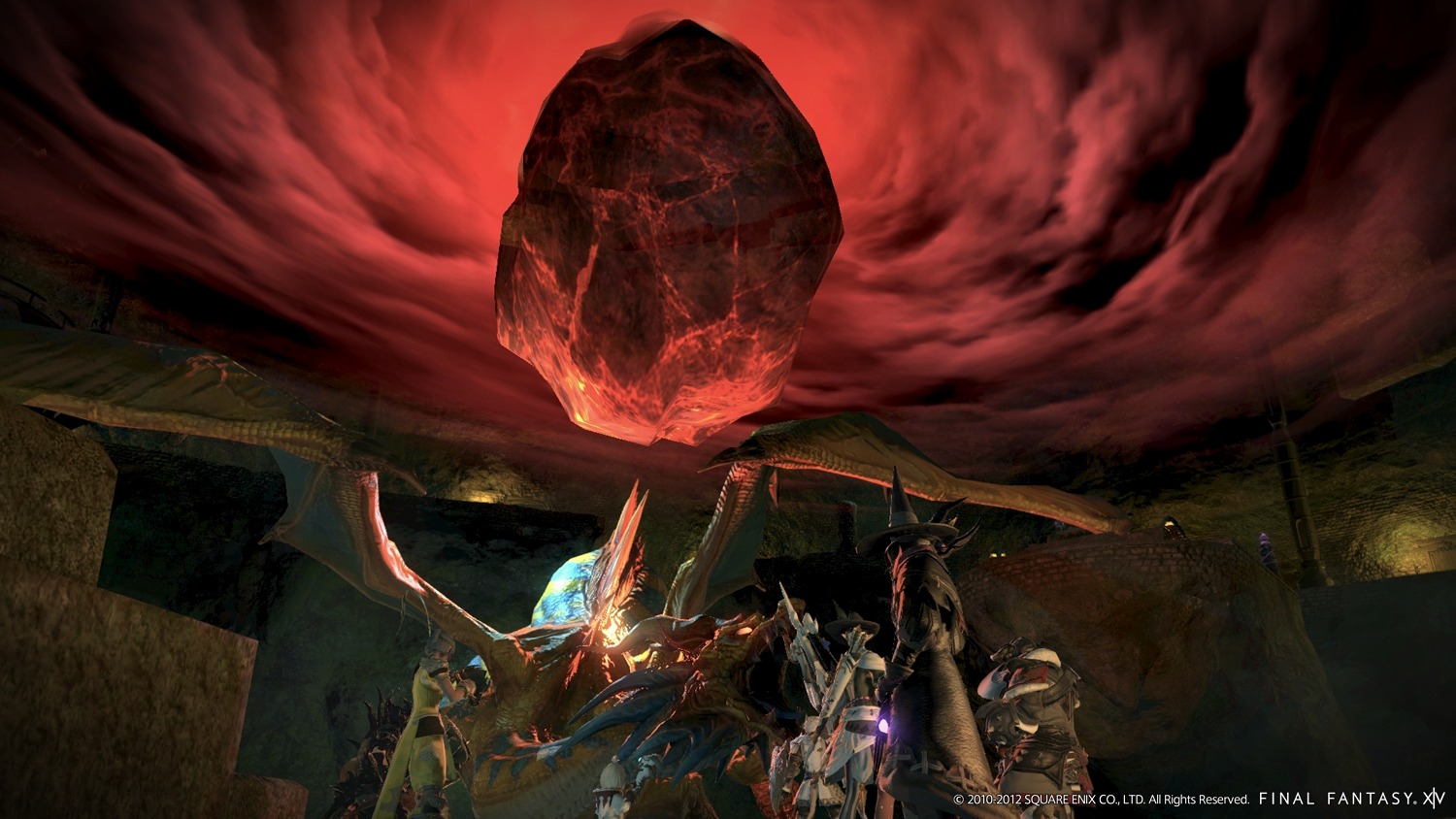

Data
| Release Date (Japan): |
09.10.1993 |
| Release Date (NA): |
10.05.1992 |
| Preferred Platform: |
SNES |
| Other Platforms: |
N/A |
|
Ken Staples
If my parents are to be believed, I started playing video games at the age of three on an Atari 800. I've come a long way since then, playing games that are intended to be played over tens of hours rather than in ten minute sessions with no save capabilities. Among my first RPGs, which were during the 16-bit generation, are such SNES titles as Breath of Fire 1 & 2, Lufia 2, and Might and Magic III. My very first RPG, the one that brought me into the genre, was a Final Fantasy title. Neither Final Fantasy IV nor Final Fantasy VI can claim this spot in my RPG lineage...that place in my RPG history is held by Final Fantasy: Mystic Quest.
Mystic Quest holds a special place in my heart. It certainly wasn't the best Final Fantasy title to ever be released and it was most certainly the most linear, whatever Final Fantasy XIII detractors might say otherwise. Despite what most RPGamers of that era would tell you, Mystic Quest did exactly what it set out to do by creating an RPG that even a noob to the genre could enjoy and easily be indoctrinated into the world of role playing games. The graphics and score were simplistic, HP and MP management were dumbed down, and equipment was obtained as part of the story in order to allow for necessary protection or advancement through new dungeons. It was a very straightforward game whose only real flaw was that it was too simple for anyone who had already sampled other, more complicated titles.
It wasn't long after I finished Mystic Quest that I brought it to a friend's house to show him how awesome it was, only to be introduced to the Breath of Fire series. I ended up trading Mystic Quest for Breath of Fire and wouldn't see another copy of Mystic Quest for years to come. In that span, I played everything from the Breath of Fire series to both Lufias to Chrono Trigger and more. When I finally saw Mystic Quest again in a clamshelled, cart only package, I eagerly snatched it up, took it home, and relived the game that for me was responsible for the games I play today.
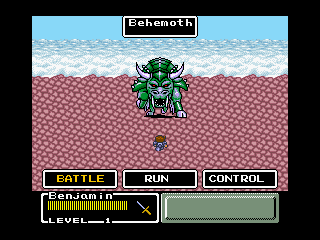
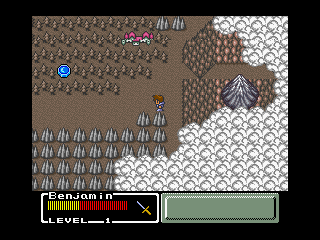
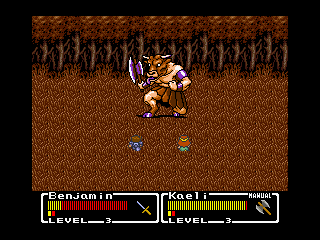

Data
| Release Date (Japan): |
06.20.1997 |
| Release Date (NA): |
01.28.1998 |
| Preferred Platform: |
PSP |
| Other Platforms: |
PS1 |
|
Michael A. Cunningham
I clearly remember the first reveal of Final Fantasy Tactics. It was fantastic, because it was going to blend my favorite series with my favorite subgenre, as I was a huge Shining Force fan back then. The two of these things together sounded like a dream come true. But sadly, when I got around to actually playing the game, I was extremely disappointed. First off, it didn't play much at all like Shining Force. There was a minimal cast and most of them were not unique, relying on generic characters to fill out your ranks. In battle, you had a limited number of troops you could bring to battle, not a massive force like in other games. The dialogue was awful, almost incomprehensible. Nothing about it was impressing me at all. Sure, it had all of my favorite Final Fantasy jobs, but nothing else was what I'd expected and surely not what I'd wanted. I went back to Shining Force very quickly. Later on, I was able to jump back into Tactics with the PSP release of War of the Lions, which I enjoyed much more. I love Ivalice and Matsuno's style, but the original release of Final Fantasy Tactics did little for me. I've grown to appreciate the game more now, but it's first impression almost did me in.
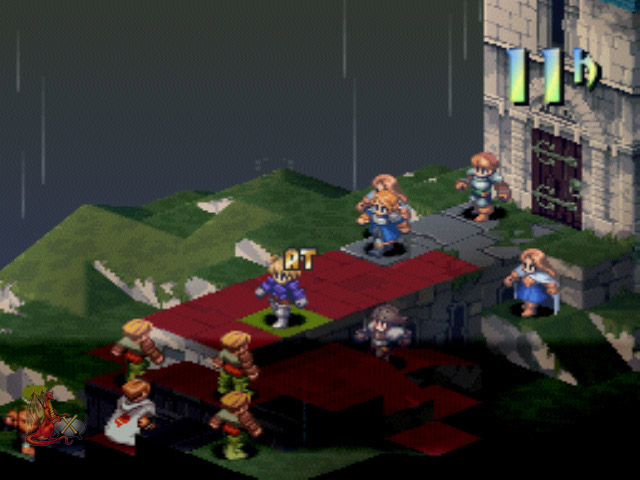
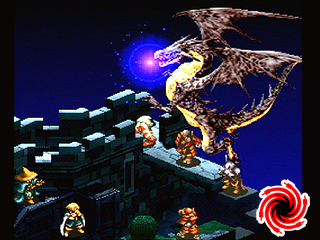
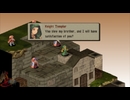

Data
| Release Date (Japan): |
08.08.2003 |
| Release Date (NA): |
02.09.2004 |
| Preferred Platform: |
GC |
| Other Platforms: |
N/A |
|
Cassandra Ramos
For various reasons, including my relatively late first venture into RPGs, I hadn't played any Final Fantasy games prior to 2005. Some people may find it especially mind-boggling what game I played to finally break that: Final Fantasy: Crystal Chronicles. There was a fair bit of hubbub before the game was released, as it was to be the first Final Fantasy game on a Nintendo console in years. True, it received mixed reviews, but I had a younger sister and a few friends with their own GBAs to play multiplayer with. A few even had their own link cables.
I have played much better games than Crystal Chronicles, but it still gave me a sense of awe. What really struck me was its setting and lore. While there was little in the way of a direct story in the game, each town, dungeon, and NPC shed a little more light on the world full of miasma. They told of its ancient Golden Age, the sudden arrival of the miasma, and the changing relations among the four tribes. The heavy Celtic influences made the game unique, distinguishing it from other medieval fantasy RPGs. The music is perhaps the greatest example of this. It suits the game so incredibly well that it doesn't merely sound like it was composed for the game, but that it came from the game. That is, the music seems more like it came from the game's world and was originally composed by its musicians. I still believe that FFCC has the best soundtrack of any video game.
Final Fantasy: Crystal Chronicles didn't prepare me for the Final Fantasy series proper, but that wasn't my reason for playing this game. I already knew it was a different animal from the main series or even most of the spin-offs. I would eventually go on to play the first six main series games, but Crystal Chronicles already left its mark on me. Perhaps I had such high regards for the game because I went into it with no expectations. My first experience with the Final Fantasy series may have been an odd one, but it was one I will not forget.
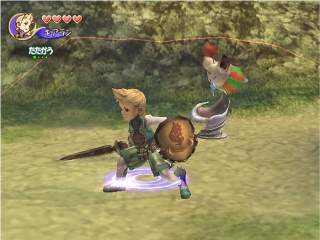
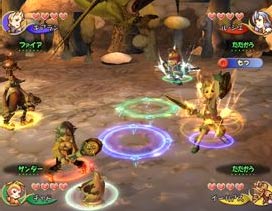


Data
| Release Date (Japan): |
10.29.2009 |
| Release Date (NA): |
10.05.2010 |
| Preferred Platform: |
DS |
| Other Platforms: |
N/A |
|
Nathan Schlothan
As a big fan of the job system and older Final Fantasy games, I was thrilled when Square Enix unveiled a completely original game built in the image of these older games. The fact that it possessed many unique game mechanics and a colorful storybook art style made it even more appealing. This was the kind of thing I always wanted Square Enix to experiment with, and I was happy to play it myself.
Sadly, The Four Heroes of Light isn't exactly perfect. It experiments with a wide variety of new ideas, and while half of them work out brilliantly, the other half simply don't work out well at all. For every fun element like the very solid combat system based on accumulating and spending AP, there is a drawback like poor implementation of character-specific inventory and inventory management. Its towns are charming and memorable, but its dungeons can be rather dull and repetitive. The game has the good idea to let any class equip any weapon and use any spell, but it is marred by a system of class proficiency with weapon and magic types that is completely hidden from the player. As such, it is a wonderful and unique little game that seems to deliberately frustrate any attempt to play it.
One can only hope that Bravely Default: Flying Fairy, the clear spiritual successor to both The Four Heroes of Light and the older Final Fantasy games, can hold on to the many strengths of those games and improve upon their weaknesses.
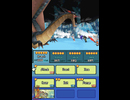
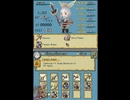
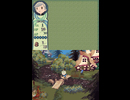
« Final Fantasy XIII | Rankings »
|









